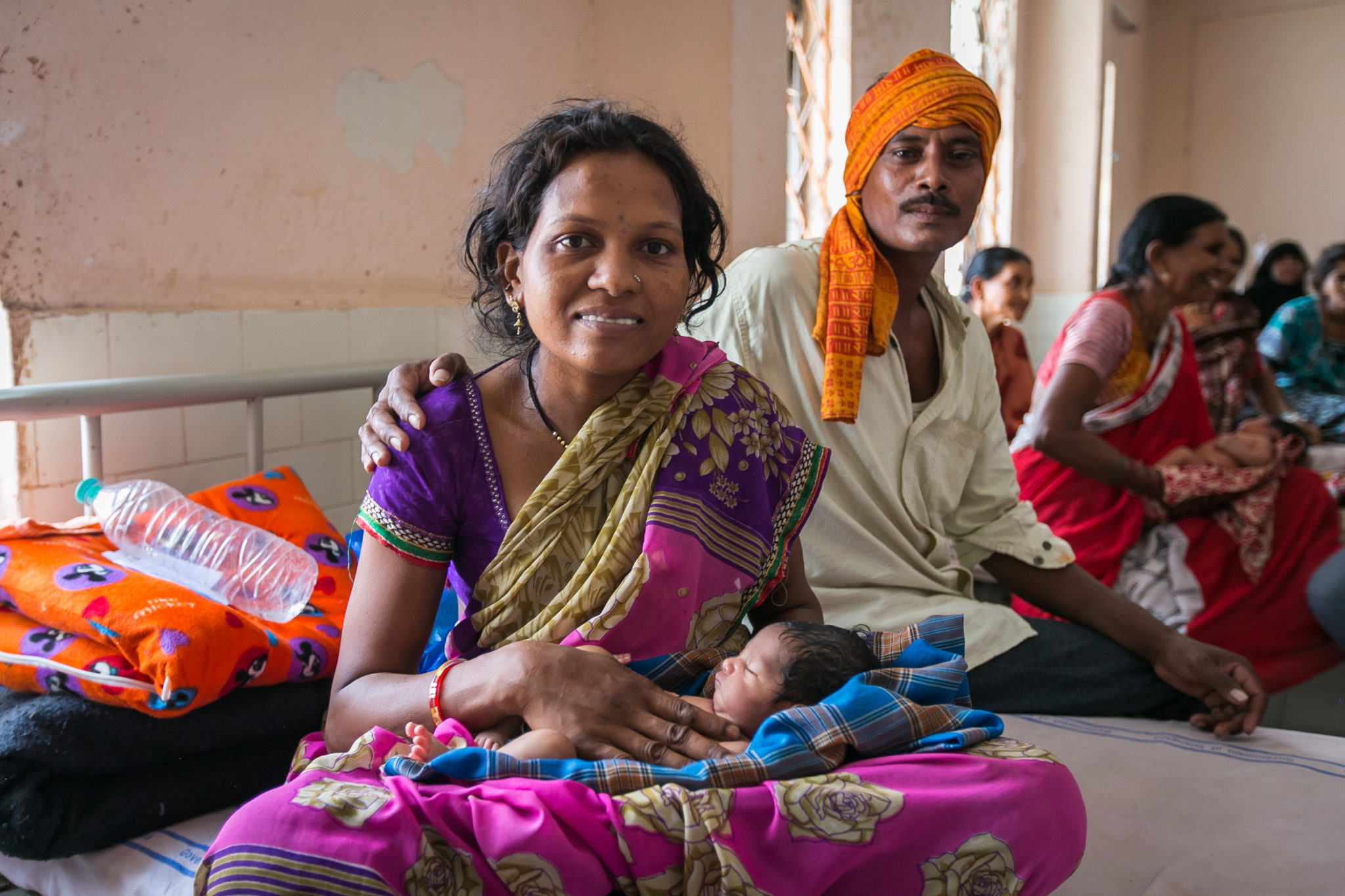
Protecting women and families
At Ferring, we believe everyone going through childbirth should have access to quality care and treatment to help them build families. This is why we are working to reduce the devastating impact that postpartum haemorrhage has on women and families around the world.
Reducing maternal mortality
Every year, 14 million women suffer from PPH, or excessive bleeding after childbirth.¹ This causes 70,000 deaths a year, 90% of which are in low- and lower middle-income countries.² Most of these deaths are preventable with uterotonic medicines, which help the uterus to contract and stop the bleeding. Ferring scientists developed a uterotonic compound called carbetocin which has been approved since 1997.
To find out more about the impact of PPH globally take a look at our infographic.
Read more on what Ferring is doing to improve Safe Birth for women around the world.
Collaborating to find new ways to protect people and families
Ferring developed a heat-stable formulation of carbetocin to specifically address limitations in refrigeration and cold-chain transport of PPH medications in low- and lower-middle income countries.
Heat-stable carbetocin was researched and developed as part of the CHAMPION (*Carbetocin Haemorrhage Prevention) trial programme, the largest ever randomized study in the prevention of PPH, in collaboration with WHO and Merck for Mothers. Results of the CHAMPION trial published in the New England Journal of Medicine were announced in 2018, see here.
Ferring and key partners are working to bring access to heat-stable carbetocin in low- and lower-middle income countries, where the burden of maternal mortality is greatest.
References
- World Health Organization. Priority diseases and reasons for inclusion. Postpartum haemorrhage. Available at: http://www.who.int/medicines/areas/priority_medicines/Ch6_16PPH.pdf Last accessed: June 2021.
- Say L, et al. Global causes of maternal death: a WHO systematic analysis. The Lancet Global Health. 2014; 2(6):e323-33. Available at: https://www.thelancet.com/pdfs/journals/langlo/PIIS2214-109X(14)70227-X.pdf Last accessed: June 2021.
©Joni Kabana Photography/Concept Foundation/Ferring Pharmaceuticals/MSD for Mothers
Learn more about Ferring’s commitment
to reducing maternal mortality


